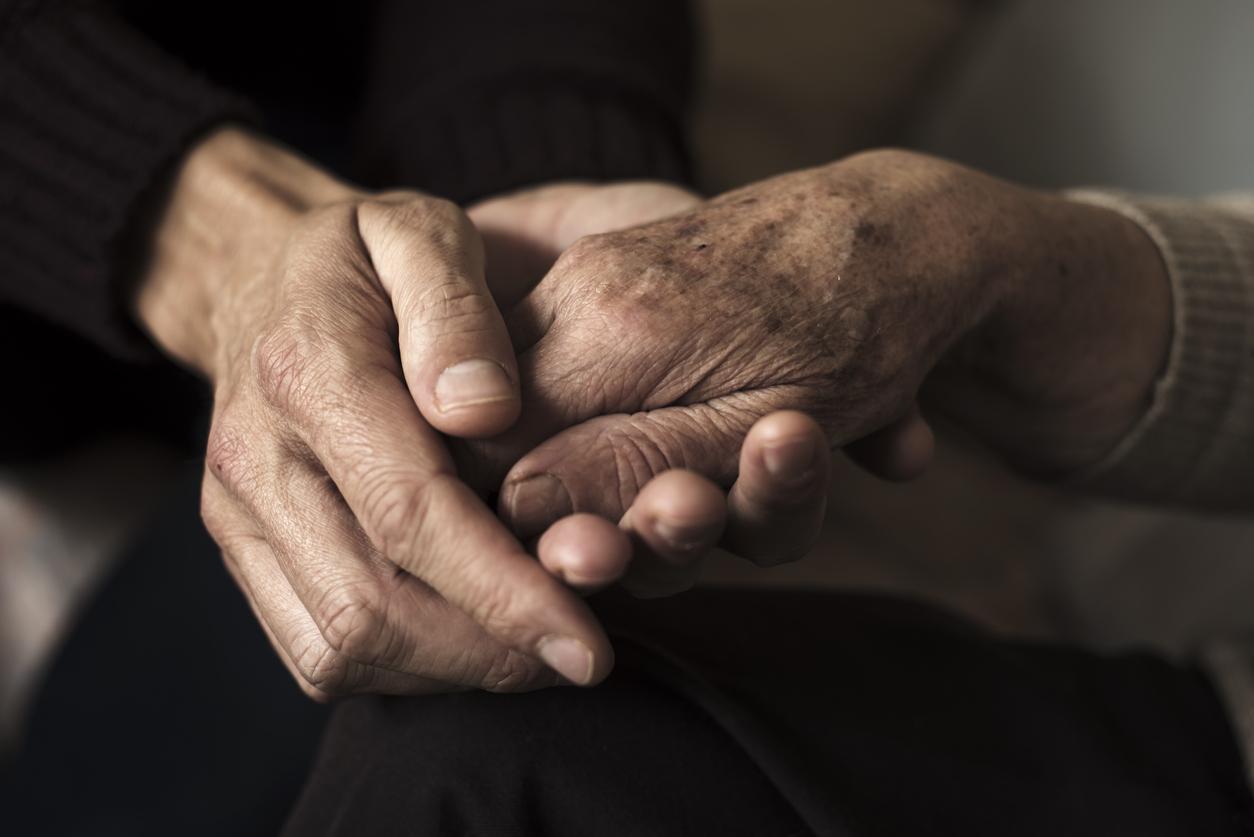In identical twins, when a diagnosis of dementia is made, both have a reduced life expectancy.

- People live on average about seven years after a dementia diagnosis.
- In identical twins, life expectancy decreased for both when a diagnosis is made for only one person.
- Mortality risk was high due to a combination of shared genetic and environmental factors, which can contribute to the occurrence of disease.
We know: dementia predicts increased mortality. In a new study, researchers from the University of Southern California (United States) wanted to examine the shared genetic and environmental influences for this association. To do this, they analyzed data from 987 Swedish twins suffering from cognitive decline and 2,938 healthy people as part of a study published in the journal Alzheimer’s & Dementia.
Dementia: a shorter lifespan in identical twins where one of them has been diagnosed
Of the twins, 90 were “true” or “identical.” Thus, the latter carry the same genetic material, because they come from a single fertilized egg. The rest were dizygotic twins, or “fraternal twins”, which come from two oocytes, fertilized by two sperm, and share on average 50% of their genotype. Most twins, identical or fraternal, have generally been raised in the same environment. This environment includes factors, such as early exposure to pollution, diet, education and physical activity.
Scientists have confirmed that the development of dementia affects an adult’s lifespan. Affected people live on average about seven years after a diagnosis of dementia. According to the results, when a diagnosis of dementia was made for one of the identical twins, life expectancy decreased for both. In fraternal twins, when one twin is diagnosed with dementia, the person who has not developed dementia has a slightly shortened lifespan compared to an adult who does not have a sibling with dementia. cognitive decline.

High mortality risk due to genetic and environmental factors
The authors suggested that dementia itself was not the sole cause of shortened lifespan, but rather a combination of shared genetic and environmental factors. Both twins can develop health problems, such as cardiovascular disease for example, which can contribute to dementia in one and affect the risk of mortality in both.
“What happens early in life is really important. You may not be able to change that on your own, but the message to parents needs to be: make sure your child eats healthily, make sure your child gets exercise, make sure your child gets an education. You’re actually helping to give that child less chance of developing dementia 75 years later.” concluded Margaret Gatz, co-author of the research, in a statement.
















